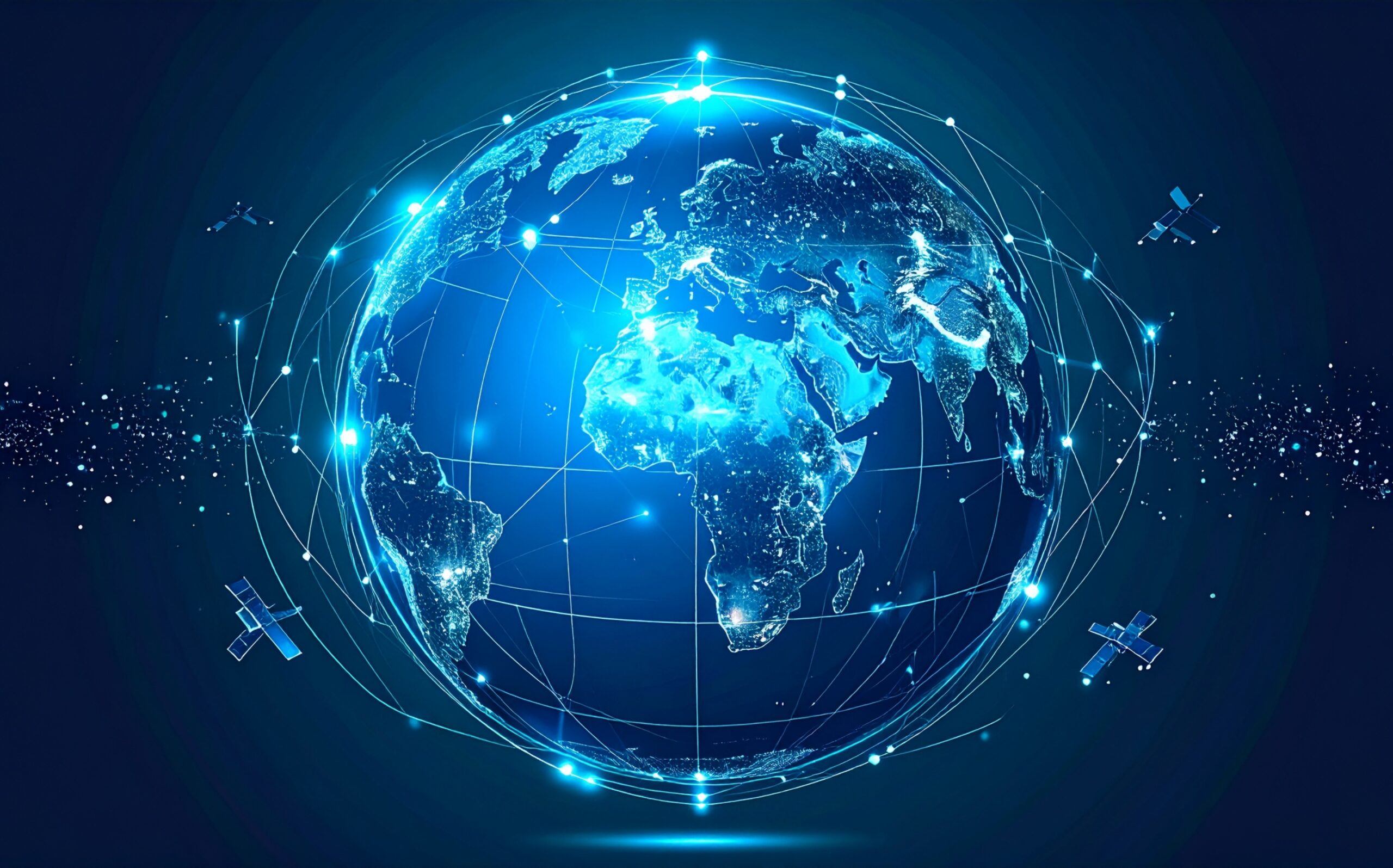
Ep 173 | Will Marshall
Will Marshall – Planetary Insights: How Satellites Could Transform Our Understanding of Earth’s Predicament
Summary
When we are able to see the full scope of a problem, rather than a fragment, it changes how we respond. Throughout history, comprehensive data has catalyzed transformative change—from the measurements that spurred the halting of ozone depletion to the coral reef monitoring networks that revealed the devastating impacts of ocean acidification. Yet, the average person remains disconnected from visualizing their lifestyle’s impact on Earth’s systems, leaving an incomplete perception of our collective footprint. But what transformations might occur if we could observe the full consequences of our consumption patterns as they ripple across forests, oceans, and the atmosphere in real time?
In this episode, Nate is joined by Will Marshall, co-founder and CEO of Planet Labs. Planet Labs’ mission is to capture daily images and real-time data of the entire Earth using a fleet of hundreds of satellites, in order to make global change visible, accessible and actionable. Will shares how this data is being harnessed to tackle environmental challenges like deforestation and reducing methane emissions, and how AI is analyzing it to help governments, NGOs, and businesses make informed – and planet friendly – decisions. Will also emphasizes Planet Labs’ commitment to transparency and accountability on a global scale, ultimately aiming to make substantial contributions to the pursuit of Earth’s ecological integrity.
How can we harness this extraordinary technological innovation (and others like it) to better fulfill our roles as planetary stewards? What sorts of environmental projects – such as carbon trading or protecting coral reefs – benefit most from this new data? Finally, how are small communities using this data to create targeted, local environmental strategies that will build ecological wealth for future generations?
About Will Marshall
Will Marshall is the Co-Founder and CEO of Planet Labs, where he leads the overall company strategy and direction. Prior to Planet, Will was a Scientist at NASA/USRA where he was a systems engineer on lunar orbiter mission “LADEE”, a member of the science team for the lunar impactor mission “LCROSS”, served as Co-Principal Investigator on PhoneSat, and was the technical lead on research projects in space debris remediation. Will received his Ph.D. in Physics from the University of Oxford and his Masters in Physics with Space Science and Technology from the University of Leicester. Will was also a Postdoctoral Fellow at George Washington University and Harvard.
In French, we have a motto that says that a simple drawing is often better than a long explanation. Jean-Marc Jancovici Carbone 4 President
That’s very understandable because with left atmosphere thinking, one of the problems is that you see everything as a series of problems that must have solutions. Iain McGilchrist Neuroscientist and Philosopher
We can’t have hundreds and hundreds of real relationships that are healthy because that requires time and effort and full attention and awareness of being in real relationship and conversation with the other human. Nate Hagens Director of ISEOF
This is the crux of the whole problem. Individual parts of nature are more valuable than the biocomplexity of nature. Thomas Crowther Founder Restor
Show Notes & Links to Learn More
Download transcript03:02 – Rarity of life in the Universe
04:09 – Overview Effect
04:29 – Rainforest destruction, Coral Reef Die-Off
06:23 – Planet Labs 50 cm resolution
09:23 – Sustainable agriculture, fishery management
10:19 – Brazilian Amazon deforestation, monitoring and effectiveness
11:51 – Planet Labs monitoring in Ukraine/Russia
12:56 – Governments with the most satellites
13:56 – US satellite spending
13:55 – Moore’s Law
15:42 – Biodiversity and ecocide
16:07 – Planetary Boundaries
17:15 – 69% of average populations have declined since 1970
19:21 – Methane leaks, business and climate impacts, main sources of all methane emissions
23:23 – Kari Stoever, Planetary Health Check, TGS Episode
26:45 – Easy lifestyle changes to reduce environmental impact
28:33 – Proportion of Americans that don’t believe in Climate Change
28:55 – EPA being defunded, FBI going after climate organizations
31:55 – Planet Labs Government Program, Marijuana growing Permits
33:19 – Drought and crop failure in Syria led to civil unrest
33:30 – War in Ukraine’s effect on food security
33:47 – Pentagon puts environmental issue as top threats, current administration’s stance
35:03 – Forest carbon planetary variable
37:55 – 6 continent supply chains
38:29 – International Territory Laws
39:09 – 1960s international flyover agreement
40:08 – Blue Carbon
40:18 – Carbon in seagrass
42:34 – Al Gore, Climate Trace
42:55 – Global Forest Watch, Global Fishing Watch
44:56 – Environmental possibilities for AI
46:01 – AI energy use
52:22 – Half of the economy would collapse without nature
55:02 – EBITDA
56:12 – Carbon credit monitoring
56:42 – Public Benefit Corporations
59:12 – NASA JPL Consortium
1:00:46 – CAFOs
1:04:08 – Audrey Tang, TGS Episode
1:04:31 – Misinformation and Deep Fakes
1:08:01 – Resource consumption of animal agriculture
1:08:12 – 97% of mammal biomass is humans and livestock
1:11:37 – Using AI to find other life in the universe
1:12:01 – Using AI to decode non-human language, Aza Raskin, TGS Episode
1:12:32 – Copernicus







